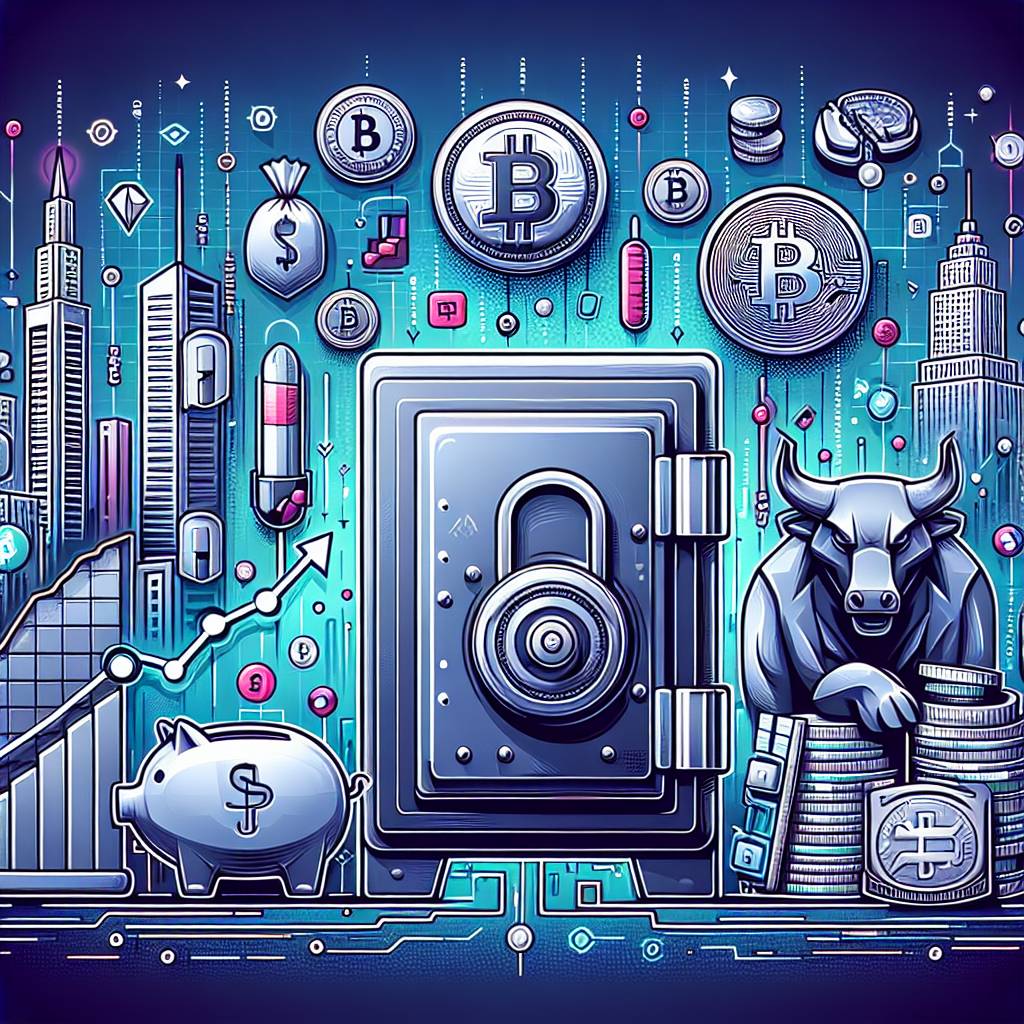What are the best practices for securing digital wallets and preventing hacking attempts in the world of cryptocurrencies?
In the world of cryptocurrencies, it is crucial to ensure the security of digital wallets and prevent hacking attempts. What are the best practices to achieve this? How can individuals protect their digital assets and prevent unauthorized access to their wallets?

3 answers
- One of the best practices for securing digital wallets is to use a hardware wallet. Hardware wallets are physical devices that store your private keys offline, making it extremely difficult for hackers to gain access. These wallets often come with additional security features such as PIN codes and encryption. By keeping your private keys offline, you significantly reduce the risk of hacking attempts and unauthorized access to your digital assets. Another important practice is to enable two-factor authentication (2FA) for your digital wallet. 2FA adds an extra layer of security by requiring a second form of verification, such as a unique code sent to your mobile device, in addition to your password. This makes it much harder for hackers to gain access to your wallet, even if they manage to obtain your password. Regularly updating your wallet software and keeping it up to date with the latest security patches is also crucial. Developers often release updates to fix vulnerabilities and improve security. By regularly updating your wallet software, you ensure that you have the latest security measures in place to protect your digital assets. Lastly, it is important to be cautious of phishing attempts. Hackers often use phishing emails or websites to trick users into revealing their private keys or login credentials. Always double-check the URL of the website you are visiting and be wary of suspicious emails asking for your personal information. By being vigilant and cautious, you can avoid falling victim to phishing attacks and keep your digital assets secure.
 Jan 12, 2022 · 3 years ago
Jan 12, 2022 · 3 years ago - Securing digital wallets in the world of cryptocurrencies is of utmost importance. One of the best practices is to choose a wallet from a reputable provider. Research and choose a wallet that has a strong track record of security and positive user reviews. This will help ensure that your digital assets are in safe hands. Another important practice is to regularly back up your wallet. By creating regular backups, you can protect your digital assets in case your wallet gets lost, stolen, or corrupted. Store these backups in secure locations, such as encrypted external hard drives or offline storage devices. Using strong and unique passwords for your wallet is also crucial. Avoid using common passwords or reusing passwords across different platforms. Instead, use a combination of uppercase and lowercase letters, numbers, and special characters to create a strong and secure password. Additionally, it is recommended to use a separate device for your cryptocurrency transactions. Using a dedicated device, such as a smartphone or tablet, solely for cryptocurrency-related activities reduces the risk of malware or keyloggers compromising your wallet's security. By following these best practices, you can significantly enhance the security of your digital wallet and protect your valuable cryptocurrencies.
 Jan 12, 2022 · 3 years ago
Jan 12, 2022 · 3 years ago - At BYDFi, we prioritize the security of digital wallets and preventing hacking attempts. One of the best practices we recommend is to use a multi-signature wallet. A multi-signature wallet requires multiple private keys to authorize transactions, making it much more secure than a single-signature wallet. This adds an extra layer of protection and reduces the risk of unauthorized access. Another important practice is to regularly monitor your wallet for any suspicious activity. Keep an eye on your transaction history and wallet balances. If you notice any unauthorized transactions or unexpected changes, take immediate action by contacting your wallet provider and securing your account. Educating yourself about common hacking techniques and staying updated on the latest security practices is also crucial. Stay informed about the latest security threats and take proactive measures to protect your digital assets. This can include attending webinars, reading security blogs, and participating in online forums to learn from experts and fellow cryptocurrency enthusiasts. By implementing these best practices, you can minimize the risk of hacking attempts and ensure the security of your digital wallet and cryptocurrencies.
 Jan 12, 2022 · 3 years ago
Jan 12, 2022 · 3 years ago
Related Tags
Hot Questions
- 94
What are the best practices for reporting cryptocurrency on my taxes?
- 74
What are the best digital currencies to invest in right now?
- 59
What is the future of blockchain technology?
- 58
Are there any special tax rules for crypto investors?
- 50
How can I buy Bitcoin with a credit card?
- 41
How does cryptocurrency affect my tax return?
- 25
What are the advantages of using cryptocurrency for online transactions?
- 11
How can I protect my digital assets from hackers?
